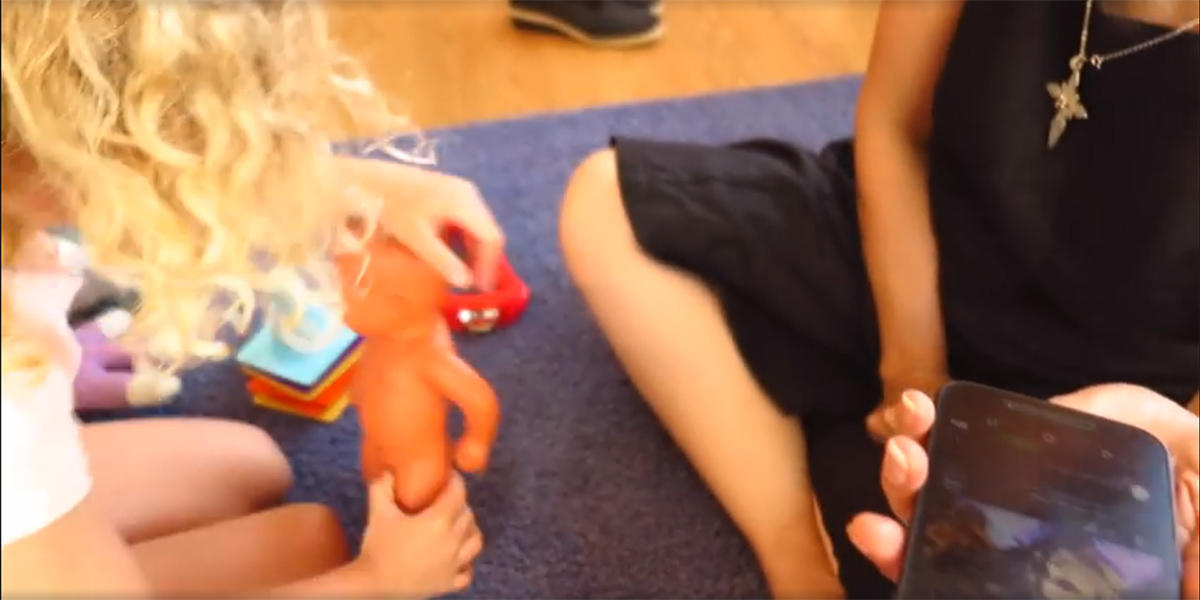
What is it like to be a partner in learning with children? How do we, as educators, listen actively to what the child is expressing with their 100 languages? How do we find the right time to provoke a thought? What is it like to learn with a child rather than teaching a child?
A discussion with the children about different languages inspired a beautiful exploration and sharing of Farsi music.
Read Shahla’s reflection below:
At lunchtime with Alex and a few children were talking about different languages.
I pointed out that my first language is not English.
"What language is it?" Alex asked.
I told him that my first language is Farsi. The language that Persian people in several countries like Iran and Afghanistan speak.
Alex: "Can you tell me a sentence in your language?"
I told him and he asked: What would it be in English?
Then he asked, "Can I listen to something in Farsi on your mobile?"
"Do you like to listen to Farsi music?" He did. So played a piece of traditional music in Farsi.
After a few moments, Alex started moving to the beat of the music.
When the music was finished, he wanted to listen to it again and started to sing along.
He was very enthusiastic, and tried to follow the song, singing and following the rhythm.
I asked: "would you like me to record your singing?"
After several times of listening to the song, he asked to sing his own song and found a musical instrument to play and sing.
I felt immersed in joy.
For me as a Farsi speaking person and a person who has heard a lot of Persian songs, it was amazing to see a child who has heard it for the first time to interact with the music so beautifully.
Alex's enthusiasm for listening to a Persian song and his passion for singing it reflects a very artistic explanation of Reggio in my mind.
The Reggio approach to teaching and learning is like a tango dance where the teacher and the student are partners.
If we, as the educator can follow the child's lead carefully, we can allow him to show us his art, and we can be amazed and feel the passion with him. Then we allow the child to show us how to see him.
Is he a person with a passion for learning who knows what to look for and even how to learn? Does he hold boundaries for learning or does learning happen with no restrictions? Does he have the tendency to learn and act freely?
What is it about language and the foreign words that captured Alex's curiosity? What power do words hold? If we learn to love words - the sound of them, the feeling of them as they flow in our mouth, the many mysteries they hold, the way they can make metaphors, weave tales, tell secrets, then we will learn to make connections with the world and with each other, to make a context for ourselves.
